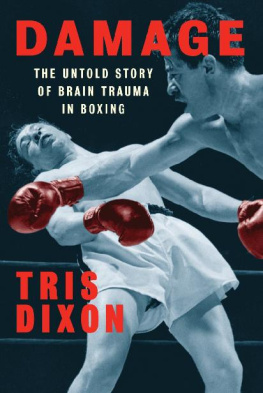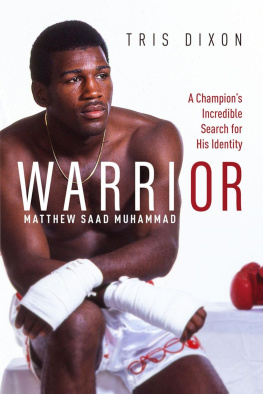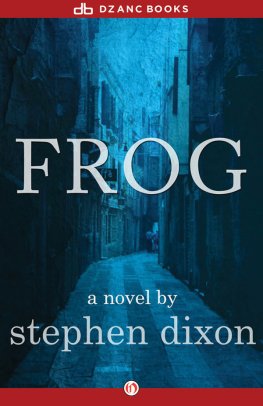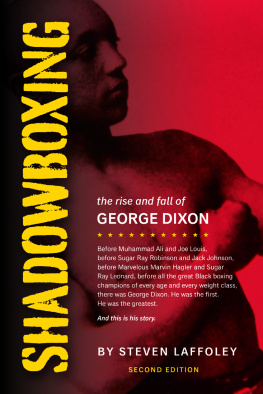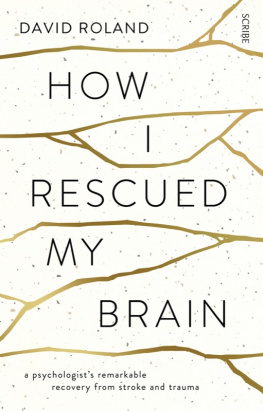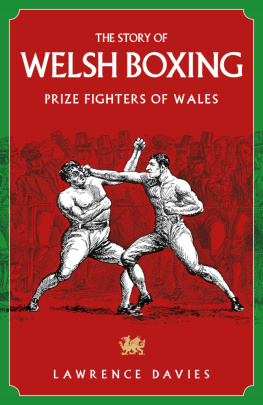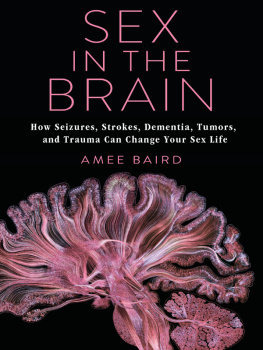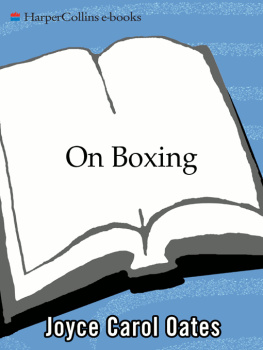Also from HAMILCAR PUBLICATIONS
Beatboxing: How Hip-Hop Changed the Fight Game
The War: HaglerHearns and Three Rounds for the Ages
(Low)life: A Memoir of Jazz, Fight-fixing, and the Mob
Macho Time: The Meteoric Rise and Tragic Fall of Hector Camacho
Bundini: Don't Believe the Hype
Sporting Blood: Tales from the Dark Side of Boxing
Dark Trade: Lost in Boxing
Jacobs Beach: The Mob, the Garden, and the Golden Age of Boxing
Off the Ropes: The Ron Lyle Story
HAMILCAR NOIR
President of Pandemonium: The Mad World of Ike Ibeabuchi
Shot at a Brothel: The Spectacular Demise of Oscar Ringo Bonavena
A Fistful of Murder: The Fights and Crimes of Carlos Monzon
Killed in Brazil? The Mysterious Death of Arturo Thunder Gatti
Slaughter in the Streets: When Boston Became Boxing's Murder Capital
The Ghost of Johnny Tapia
Berserk: The Shocking Life and Death of Edwin Valero
Prologue
I remember the shot. It was the opposite hand because I was facing him and I could see his glove coming over. And I'm walking over to him as if to say, Yeah, I'm going to get there before you. And it wasn't like that. He got me. I didn't even flinch. Point blank.
Herol Bomber Graham holds an index finger to the right side of his face to show me where one of history's most spectacular punches detonated. I was throwing an overhand right and he threw a bomb and it landed on here.
The punch, executed by the lethal middleweight Julian Jackson, saw Graham's body sway and then, with his lights turned out, plummet backward toward the canvas. Hard.
There were more bouts for Graham. More years of boxing, training camps, sparring, and fighting. There were victories and defeats, though nothing as epic as the thunderous Jackson blow that set in motion a chain of events that has resulted in Graham and I meeting in the psychiatric ward of a North London hospital.
It's a grim place. The summer sun shines, birds sing, and pigeons occasionally stop by a picnic table that has been bolted into the Astroturf, but even they don't stay for long. There is nothing to enjoy in the bleak surroundings. In the outdoor yard of the ward, empty shells of men who are trapped by the high walls for their safety and everyone else's roam during the afternoon. One murmurs to himself in the corner, facing the brickwork. Another, in his thirties and who could easily appear on the cover of GQ , patrols the small area completing laps with a false confidence as if he is setting off on a mission. Another barks abruptly in an Eastern European accent. One resident sits alone in a trance. He is the most unnerving, says one visitor. He looks normal until he starts to talk. One comes up to shake my hand, then scuffles off before we can make contact. The patients take long, curious, tense looks at their visitors, but it's rude to stare back so they win every time.
It's an uneasy place to be, and I'm the least comfortable person here. There are plenty of staff members around, but the flat-screen TV on the wall is behind a protective cabinet for a reason. The residents who don't seem to be half asleep from medication have a twinkle of TNT in their eyes.
It doesn't seem like Graham belongs here. He's different, and not just because he challenged for a world title on three different occasions. He's like me. He greets me with a smile, asks about my trip, and escorts me outside to give us the best chance of being left alone.
He looks around at some of the forlorn faces. I hope they don't go before me, he laughs, as if to say he must be in a bad way if they're released ahead of him. That one, he adds, subtly raising his finger toward one lost soul, I feel for him. He can't communicate with anyone. He doesn't know what he's doing.
I ask Graham what he's been up to, specifically what he did yesterday, and he racks his brain.
He doesn't know.
That's how bad it is, he says, shaking his head. Short-term memory loss.... I can remember things from years ago but yesterday....
He's trying to conjure images, clues, anything he can use to lever out information.
Yesterday... I'm trying to think now.... It's from the McCallum fight. Not the McCallum fight....
He searches briefly for names. The Jackson fight, especially. I mean, the shot he hit me with. I was out before I touched the floor. That was it. That was the beginning and end of it, if you know what I mean.
We sit side by side on a bench. He's wearing a tri-blend grey T-shirt with a chest pocket. He looks muscular. None of the other guys in the ward would want to go a couple of rounds with him, that's for certain. He knows I'm writing this book and is keen to talk about the damage he has sustained in boxing.
He arrives at the Jackson annihilation swiftly and unprompted.
Everything changed from the one punch? I ask him.
Ah, you what?
Graham, I find, has a habit of saying, You what? when he emphatically agrees with something.
Big style. In a big way, he continues.
He asks if I can retrieve the fight on my phone, and within seconds we're watching the fateful fourth round. That seismic punch lands. He sighs loudly. The air leaves him.
That's what we were worried about, screams Screensport commentator Dave Brenner.
But I was still breathing anyway, Graham whispers, as though it was a moral victory.
Did you feel it?
Ah, you what?
He laughs uneasily. I assumed the punch could have been so hard and knocked him so stiff and so cold that it immediately had switched off any feelings.
Come here, let me try it on you, he chuckles. It hit the side of my face, I felt a numbness and I remember falling. I could feel myself going down. Then blackness.
The next thing Graham remembers is being in the hospital. After that, I watched it on television and it was then I really felt it, he says. Watching it, I felt it. I felt that punch.
What happens now, seeing that and believing it caused you to be here today? I ask him.
It's like, shit.... If I did what I was supposed to have done for myself, which is run, run away.... But I went to him. And when you're going into a person the shot is twice as hard. Normally I'd back off and back off and back off.
How can Graham be sure that one strike caused years of depression and such an unstable disposition that he finds himself inside these four vacant walls, in a ward where staff attempt to protect him from an endless cycle of suicide attempts? Science would argue that it is the thousands of blows Graham took through his careerrather than just the one game changerthat is responsible.
That fight in itself triggered it, he insists. The one shot I got there was like all the shots I got in boxing combined, added up to a big one.


